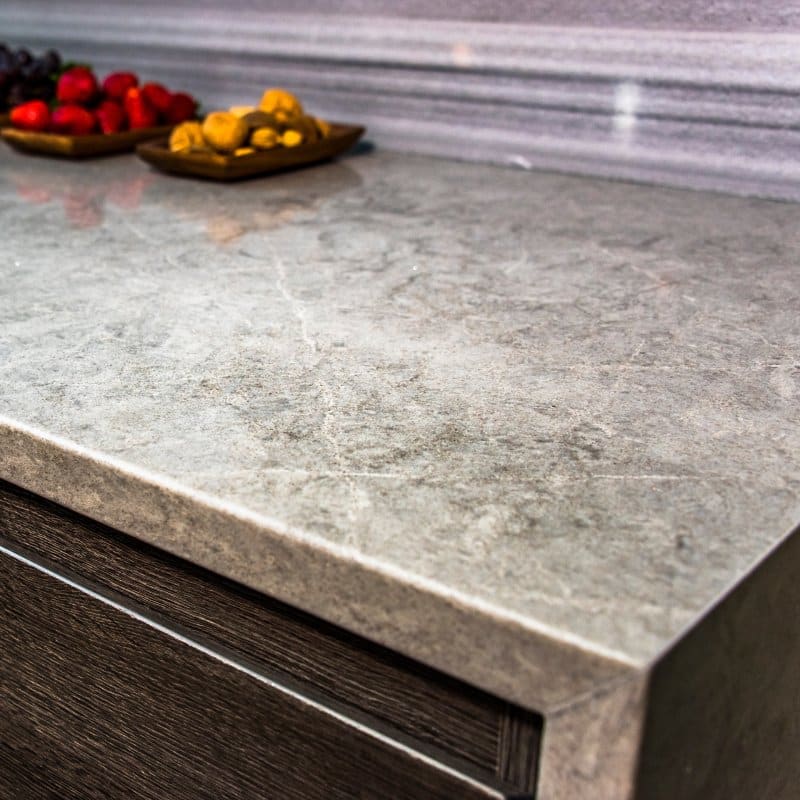When remodeling a kitchen, choosing the right countertop is a major decision. For some homeowners, importing a countertop from overseas seems like an enticing option.
Imported countertops often promise luxurious materials and unique designs, but this decision comes with several factors to consider. Should you import a kitchen countertop? Here’s what you should know first.
Cost Considerations
While importing countertops may seem like a cost-effective solution at first, the financial implications add up quickly. The initial price of materials may be lower overseas; however, shipping fees, customs charges, and taxes can significantly inflate the overall cost. For instance, shipping a granite slab from Italy could cost hundreds—even thousands—of dollars depending on the weight and dimensions. Calculate these factors before deciding to avoid exceeding your budget.
To further control expenses, create a clear financial plan that factors in all associated costs. By allocating a buffer for unexpected fees, homeowners can ensure they remain within budget when upgrading their kitchen countertops.
Quality Control
Imported countertops can offer access to high-quality materials, such as rare marbles or specialized quartz options. However, quality control can pose a challenge when purchasing from international suppliers. Being unable to personally inspect the slab before shipping means you rely solely on images or remote certifications.
It’s vital to work with reputable suppliers that offer verifiable authentication of the product’s quality. Look for companies with positive customer reviews or those that allow virtual inspections via video calls before purchase. This step ensures you’re receiving the quality you’re promised without unpleasant surprises when the material arrives.
Customs and Regulations
Another critical step in importing countertops is understanding customs processes and regulations. Different countries may have their own restrictions on certain materials, especially natural stones, to prevent environmental damage or protect local industries. For example, quartz or marble may require specific certification to clear customs in the United States.
Make sure you prepare all necessary documents, including proof of origin, permits, and invoices. Working with a reliable customs broker or agent who specializes in construction materials can alleviate much of this complexity and ensure compliance.
Plan Wisely Before You Commit
Budgeting wisely is crucial when taking on kitchen countertop imports. Start by capturing every cost detail, including hidden expenditures like storage fees or freight insurance. Things like delivery delays or currency exchange rate fluctuations may also require flexibility in your allocated funds.
Compared to buying locally, importing opens the door to beautiful, one-of-a-kind options, but attention to financial planning and operational logistics ensures the process doesn’t overwhelm or deplete you.
Importing kitchen countertops elevates the look of your home and offers unique styles or exclusive materials. However, this choice requires thorough research to understand costs, quality checks, customs, and installation. For homeowners seeking guidance through the process, speaking with a countertop specialist or local contractor will provide clarity and peace of mind. Explore your options with confidence and make sure your kitchen renovation reflects your style and functionality goals.

